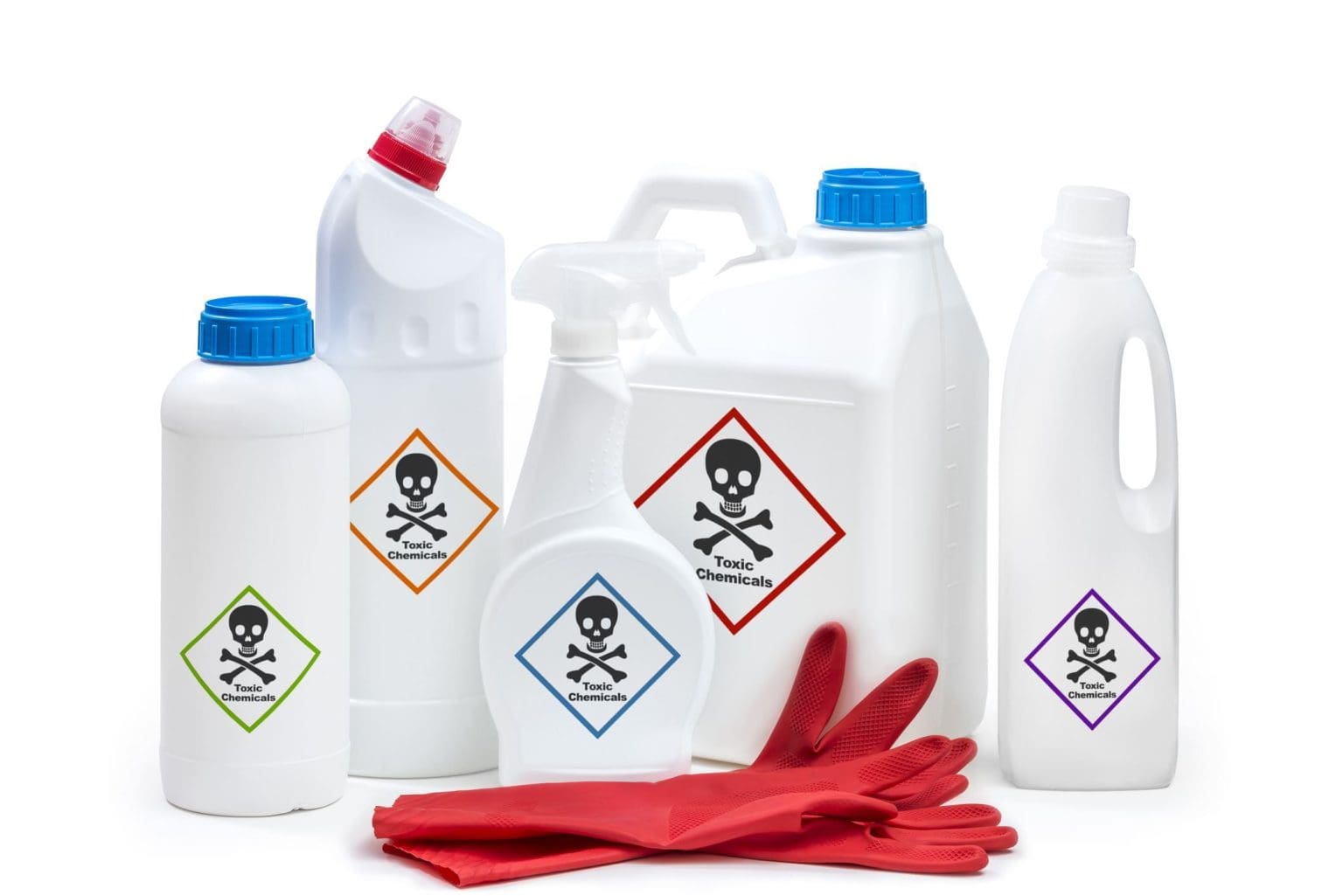It’s lasting longer than anticipated; however, shelter-in-place orders provide a means to increase your productivity, shifting your energy towards those home improvement projects you’ve put off since you declared them, this past January, as your New Years resolutions. It’s time to turn off HGTV; and, instead of watching others change their spaces for the better, get up, put your DIY hat on, and start a project that will benefit your home! But, where to start?
We here at Air Conditioning Specialist, think it’s best to kick-off your DIY home improvement adventure with something that doesn’t require any tools, supplies, or tricky installations. Let’s start with the fundamentals of your home. Your air!
Now, you may be thinking—what kind of DIY project has to do with your air?— and this is an expected response, as indoor air quality is not widely discussed. It is a common misconception that air pollution is strictly an outdoor phenomenon, and we are here to set it straight. Indoor air pollution is a reality, and you likely, unknowingly, have contaminants and airborne toxins in your home.
Although there is no visible sign of poor indoor air quality, it is everpresent—that aerosol air freshener sitting in your bathroom pantry, those vanilla candles you light at night, and those cleaning products that live beneath your kitchen sink, can all negatively impact your air quality.
Cleaning Products
We’ve all picked up this pastime during quarantine; however, is your newfound cleaning hobby making your environment safer? With an increase in home cleaning, comes the need for a better understanding of what is actually in store-bought cleaning solutions.
Most surface cleaners and disinfecting sprays are jam-packed with chemicals, especially scented items. This part of the market is saturated with solutions containing volatile organic compounds and other carcinogens, which oftentimes lead to health implications varying from respiratory distress to cancer.
So, how do these products remain on grocery shelves, in supermarkets across the nation? As most of these items contain some artificial fragrance, they fall under the same category as perfumes and cologne, an industry that remains classified. As the ingredients are not mandated to be visibly documented on the bottle, the average consumer is blind to the harmful effects cleaning products can have on their health.
Make sure that you purchase all-natural cleaning supplies moving forward, and that you see a clear “chemical-free” label before you place supplies into your cart.
Air Fresheners
Lingering odors are not ideal; however, neither is compromised air quality. That’s why it’s time to replace your current aerosol air freshener, which releases volatile organic compounds into your home, with essential oils!
Essential oils are organic and will infuse your home with your desired, purchased fragrance. You can either use an automatic diffuser or buy diffuser sticks to distribute the essential oils throughout your home.
Electronic diffusers are recommended, as you can control both the intensity and duration of the delivery of your scent. Diffuser sticks provide more of a steady, constant odor coverage. So, if you would rather have consistent fragrance distribution, diffuser sticks would be your preferred method. Either way, any unwanted odors will be terminated, and your air quality will remain intact.
Scented Candles
Candles are mostly made with paraffin wax. This threatens the integrity of your indoor air quality as paraffin wax releases highly toxic benzene and toluene into your air when burned. These chemicals are carcinogenic and are likened to those released by diesel fuel fumes. However, just as scented cleaning products aren’t legally required to disclose chemical agents, candles are also not mandated to provide this information.
Switch out your current candles for paraben-free ones! If you’re not sure whether your current candles are safe, it’s best to replace them with a known-toxic-free commodity. This will ensure there are no hidden airborne chemicals coming from your mood-setting candles.
For further air quality control, contact Air Conditioning Specialist, Inc. at (844) 256-6800. We will fit you with the proper air filters and air purification systems to sustain your newfound, improved air quality.



